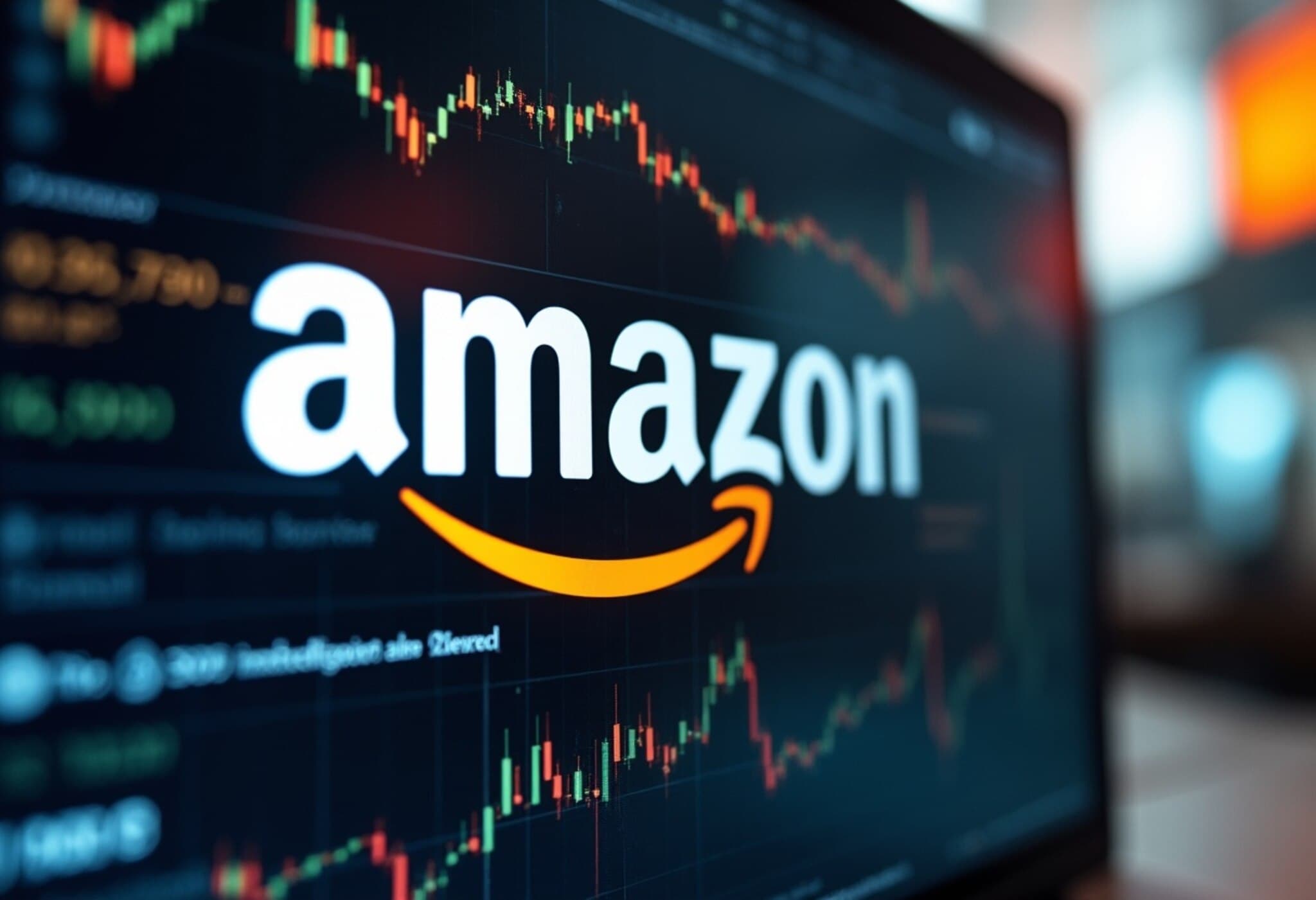UK Competition Watchdog Targets Microsoft and Amazon's Grip on Cloud Services
In a significant move that could reshape the cloud computing landscape, the United Kingdom's Competition and Markets Authority (CMA) has raised serious concerns about Microsoft and Amazon's dominance in the cloud infrastructure market. The CMA's report highlights that both tech giants wield "significant unilateral market power", potentially stifling competition and disadvantaging businesses seeking flexible and fair cloud service agreements.
Market Concentration and the Lock-In Problem
The cloud computing sector—where companies rent computing power, storage, and networking via large-scale data centers—is foundational to the digital economy. Microsoft Azure, Amazon Web Services (AWS), and Google Cloud are the key players. However, the CMA warns that Microsoft and Amazon control roughly 30% to 40% each of the Infrastructure-as-a-Service (IaaS) market, creating substantial barriers for new entrants and smaller competitors.
Of particular concern are practices such as egress fees—charges for moving data out of a cloud provider—and licensing terms that effectively trap businesses in contracts that are costly and complicated to exit. These "lock-in" effects weaken customer freedom in choosing or switching providers, reducing innovation incentives and potentially inflating costs.
Regulatory Response: Investigations Under New UK Law
In response, the CMA has recommended a deeper investigation under the UK's Digital Markets, Competition and Consumers (DMCC) Act to assess if Microsoft and Amazon qualify for "strategic market status." This designation would classify them as companies with entrenched market power, subjecting them to stricter oversight and possibly targeted remedies to restore competitive balance.
The DMCC Act, introduced to tackle dominance and anti-competitive behaviors in digital markets, parallels Europe's Digital Markets Act. Its enforcement could compel these tech giants to revise pricing, licensing, and data-exit policies to facilitate healthier market dynamics.
Industry Reactions: A Spectrum of Perspectives
- Microsoft dismissed the CMA’s findings, arguing the market remains "dynamic and competitive", driven by rapid innovation, especially in AI, and expressed concern over Google's exclusion from the probe despite its fast growth.
- Amazon warned that a fresh investigation risks leaving the UK as a regulatory outlier, potentially harming its international competitiveness and the stability businesses rely on for investment decisions.
- Google welcomed the CMA's move, calling it a "watershed moment" for UK businesses, emphasizing that regulatory action is needed to ensure fair pricing, more choice, and sustained innovation.
Why This Matters: The Broader Economic and Policy Implications
The UK’s cloud services market is a critical backbone for public sector operations, startups, and enterprises alike. If dominant providers restrict competition, the economic consequences could ripple through the UK's digital economy:
- Higher costs for businesses could translate into less innovation and reduced global competitiveness.
- Entrenched vendor lock-in may discourage new entrants and diminish diversity in cloud services.
- Regulatory precedents set by the CMA under the DMCC could influence global approaches to tech market oversight.
Moreover, the controversy raises critical questions about how governments balance fostering innovation with enforcing fair competition among technology giants whose platforms underpin so much of modern commerce and governance.
Editor’s Note
The UK’s proactive stance signals a new era in regulating digital infrastructure. As tech giants continue to expand their reach, it’s essential for policymakers to strike a delicate balance between encouraging innovation and preventing harmful market concentration. Stakeholders and observers should watch closely how these investigations evolve, as outcomes here may well set the tone for global cloud governance and competitive fairness in the years to come.



















